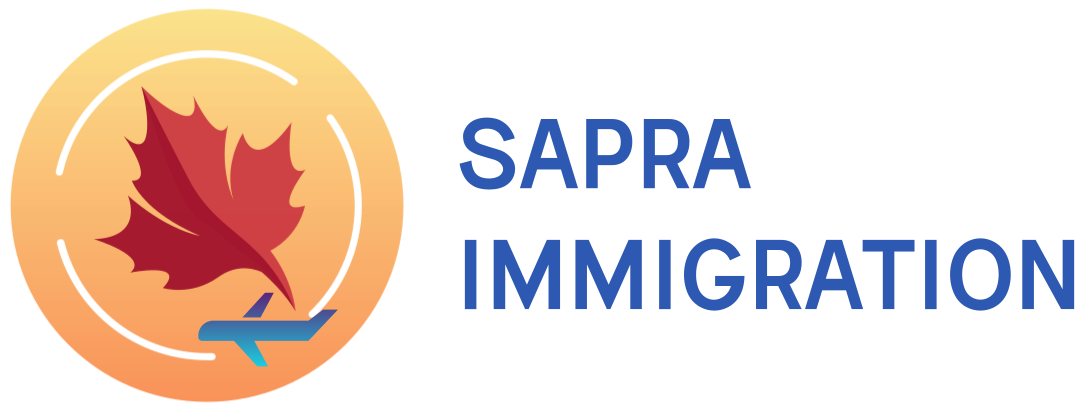
Why Study in Canada?
Canada is one of the world’s most sought-after destinations for international education, offering globally recognized degrees, diverse academic programs, and a safe, inclusive environment. With its welcoming immigration policies and post-graduation work opportunities, studying in Canada provides a pathway not only to quality education but also to future career and settlement options.
What Is a Canadian Study Permit?
A study permit is an official document issued by Immigration, Refugees and Citizenship Canada (IRCC) that allows international students to study at Designated Learning Institutions (DLIs) in Canada. Most students must obtain a valid study permit before arriving in Canada to begin their academic program.
Eligibility Requirements
To apply for a Canadian study permit, you must:
● Have a Letter of Acceptance from a Designated Learning Institution (DLI)
● Prove financial capacity to cover tuition, living expenses, and return travel
● Possess a valid passport or travel document
● Be law-abiding, in good health, and undergo medical exams or police checks if required
● Show that you will leave Canada upon completing your studies (unless eligible for post-study immigration programs)
Types of Programs You Can Study
Canada offers educational programs at various levels:
● High school programs
● College diplomas & certificates
● University undergraduate & graduate degrees
● Professional and technical training
● English/French language programs
We help students find programs that match their academic background, long-term goals, and immigration plans.
Work While You Study
Students enrolled in eligible full-time post-secondary programs may work:
● Up to 20 hours per week during regular academic sessions
● Full-time during scheduled academic breaks (e.g., summer or winter holidays)
In some cases, spouses or common-law partners may also qualify for an open work permit, depending on the program level.
Short-Term Studies
If your program is less than six months, you may not require a study permit. However, a visitor visa or eTA may still be required depending on your nationality. We help assess the right immigration pathway for short-term, bridging, or pathway programs.
Biometrics and Processing Times
Most applicants must provide biometrics (fingerprints and a photograph) at a local Visa Application Centre (VAC). Processing times vary by country, so we recommend starting your application as soon as you receive your Letter of Acceptance.
How We Help Students
Sapra Immigration Services Inc. supports international students from the time they explore study options to arrival in Canada and beyond:
● Academic program selection and DLI matching
● Assistance with the study permit application
● Guidance on required documentation, letters, and statement of purpose (SOP)
● Pre-arrival preparation and support
● Post-arrival services such as permit extension or change of status if needed
● We maintain trusted relationships with many Canadian colleges and universities to help students access programs aligned with their goals
Our services are led by a Regulated Canadian Immigration Consultant (RCIC) to ensure ethical, informed, and student-centered support at every step.
Start Your Study in Canada Journey
Whether you are applying from overseas or switching to a study permit from within Canada, our team ensures your application is complete, accurate, and aligned with IRCC expectations.
